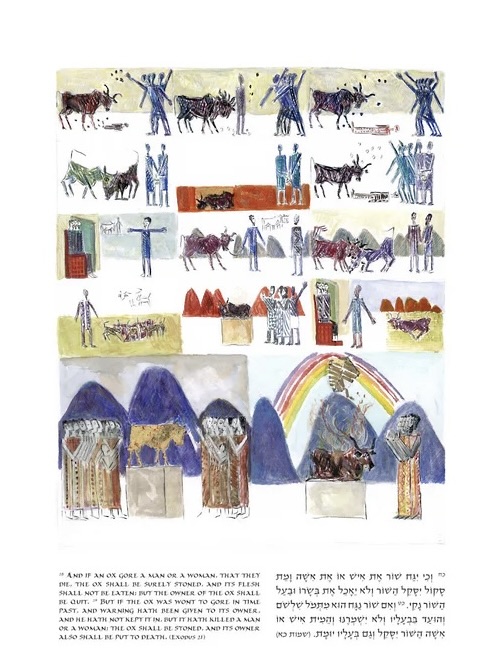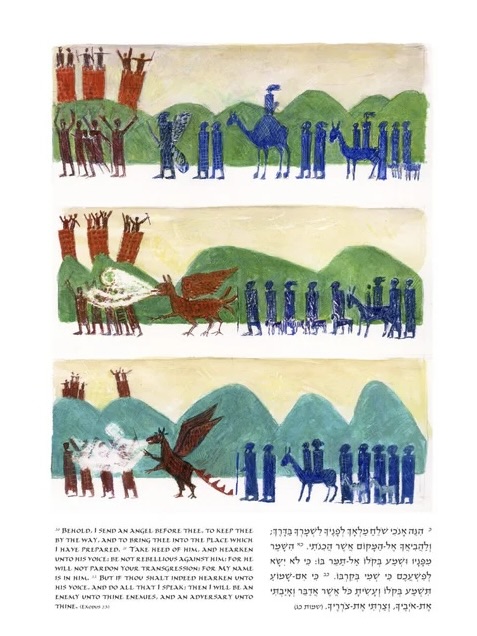Torah Study Date
Saturday, May 11, 2024
Verses Covered
Exodus (Sh’mot) 22:20-24
Next Session
Saturday, May 18, 2024
Starting at Exodus 22:25
Last week we discussed the prohibition, “You shall not wrong (toneh) or oppress (tilchazenu) a stranger (ger), for you were strangers in the land of Egypt” (Exodus 22:20). R. Sara explained that toneh refers to what the Egyptians did and that tilchatzenu denotes pressing down or suppressing. We also discussed that “ger” can mean either a sojourner (someone who stays in a place for a limited time) or someone from another culture who lives with us. It has often been translated as “stranger.” R. Sara brought in the idea of vulnerable people and that “ger” is a category of vulnerable man. A main point in the passage is that the Israelites should not do to others what was done to them in Egypt.
We discussed the prohibition on ill-treating widows and orphans. This prohibition carries on with the concern for vulnerability that R. Sara mentioned. We noted the transition between vulnerable outsiders and those among us who are vulnerable. We noted YHVH saying that if you do ill-treat them, YHVH will hear their cry, get angry and kill you with a sword thus making your wives widows and your children orphans. We were impressed by the strength of the statement and also noted the equality of the punishment, from others being widows and orphans to your people being widows and orphans (tit for tat).
We talked about the prohibition on imposing interest on the poor. We noted that the prohibition here is specifically related to the poor and is not a general prohibition on imposing interest. The poor person might never be able to pay it back. We discussed the vulnerable in our time and noted that rent and house costs are so high and that there are many houseless people. R. Sara pointed out that God is on the side of the oppressed and the vulnerable—and that chapter 22 hearkens back to the Egyptian treatment of the Israelites.
The topic of liberal Jews’ misconceptions of orthodox Jews came up. R. Sara mentioned the Israeli television series, Srugim, and I mentioned the podcast, Heretic in the House, as sources for thinking about the topic. Each of them also treats the topic of orthodox Jews who don’t quite fit in. Another television series on these topics is Shtisel. We also touched on vulnerability and the ethics of war.
Our artwork this week is two pieces from Avner Moriah’s Torah Portions series, Mishpatim 4 (above) and Mishpatim The Angel (below). These are available for purchase to be given as B’Mitzvah presents. Mishpatim 4 illustrates the Exodus 21 commandment that an ox that gores a man or woman be stoned and, if the owner had been warned about a previous goring, the owner put to death. Mishpatim: The Angel shows God sending an angel, a terror, and a hornet to protect the Israelites on their journey to the land of Canaan in Exodus 23.


